![]()
![]()
![]()
Use LEFT and RIGHT arrow keys to navigate between flashcards;
Use UP and DOWN arrow keys to flip the card;
H to show hint;
A reads text to speech;
14 Cards in this Set
- Front
- Back
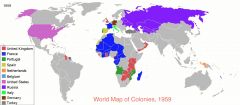
decolonization
|
Process in which many African and Asian states won their independence from Western colonial rule. p. 1082
Sig- Most of this was achieved through negotiations and gradual political reforms and a program of investment rather than military confrontation. It allowed the Asian and African colonies to be free from the Europeans. It brought to many new nations and independence. It has led to what our world is like today. |
|
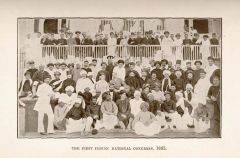
Indian National Congress
|
Organization established in 1885 by Western-educated elite Indians in an effort to win a voice in governance of India. p.1087
Sig- One of the most important political expression of an all-Indian identity. It's founding represented the beginning of a new kind of political protest. Over time, the INC became a major popular movement that won India's independence from Britain. It made India the way it is in this modern day and age, an independent country. |
|
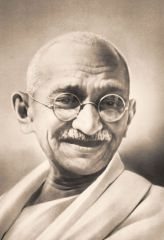
Mahatma Gandhi
|
Born in Gujarat in the business caste. Gandhi (1869-1948) later became a political leader and the undoubted spiritual leader of the Indian drive or independence from Great Britain. p.1088
Sig- Rose within leadership ranks of the INC. His ideas and lifestyles transformed the INC into a mass organization. He was proclaimed the Mahatma or Great Soul. Sought the moral transformation of individuals. His critique went way beyond colonial rule, he sought to change India and instead change the country into a society of harmonious self-sufficient villages drawing on Indian ancient principles of duty and morality. |
|
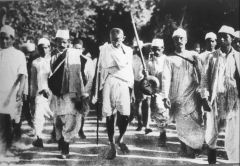
satyagraha
|
"truth force"; Mahatma Gandhi's political philosophy, which advocated confrontational but nonviolent political action. p. 1088
Sig- Was a philosophy developed by Gandhi which involved non-violent confrontation. He followed this philosophy in order to protest in South Africa where there was overt racism towards the Indian minority there. Gandhi has been known for his non-violent protests/actions which as he argued "It is possible for a single individual to defy the whole world might of an unjust empire to save his honour, his religion, his soul". |
|
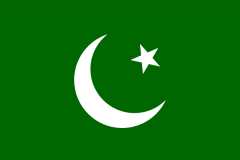
Muslim League
|
Created in 1906, was a response to the Indian national Congress in India's struggle for independence from Britain. p.1089
Sig- By far the most serious threat to a unified movement derived from the growing divide between the country's Muslim and Hindu population. Contradicted the Congress Party's claim to speak for all Indians. Argued that parts of India w/ Muslim majority should have a separate political status. What came to be was Pakistan, the land of the pure. In this view India was not a single nation. |
|
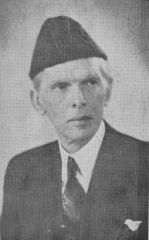
Muhammad Ali Jinnah
|
Leader of India's All India Muslim League and first president of the breakaway state of Pakistan (1876-1948). p.1089
|
|
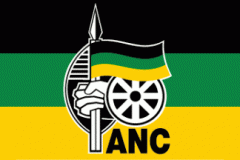
African National Congress
|
South African political party established in 1912 by elite Africans who sought to win full acceptance in colonial society. p.1091
Sig- Didn't want to overthrow existing order, but instead sought to be accepted as "civilized men". Its leaders pursued peaceful/moderate protest, though by 1948 when Afrikaner-led National Party came to power on a platform of apartheid, it was clear that protest had produced nothing. During 1950s they broadened it base of support and launched non-violent civil disobedience which was inspired by Gandhi. The gov't responded harshly and ANC was made illegal and only became legal after the abandonment of key apartheid policies in 1944 and was then back in power. |
|
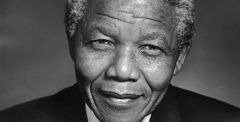
Nelson Mandela
|
South African nationalist (b. 1918) and leader of the African National Congress who was imprisoned for twenty - seven years. he was elected president of South Africa in 1994. p.1092
Sig- Led the ANC and was a very prominent and non-violent activist. After being freed, he showed no bitterness towards his tormentors and instead championed reconciliation among South Africa's polarized races, espousing the principles of nation-building and co-operative governance. Mandela became the first South African president to be democratically elected in 1994. |
|
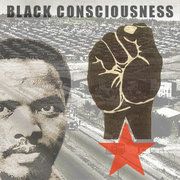
Black Consciousness
|
South African movement that sought to foster pride, unity and political awareness among the country's African majority and often resorted to violent protest against white minority rule. p.1092
Sig- Consisted of young people who were at the center of the explosion of protest in 1976. Uprising caused by gov't's initial decision to enforce education for the Africans in Afrikaners rather than English. The development of this movement echoed the power of Black Power in the U.S. Although founded by black Christianity, it was non-violent protests. |
|
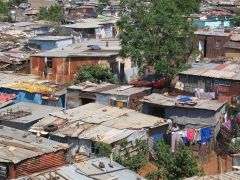
Soweto
|
Impoverished black neighborhood outside Johannesburg, South Africa, and the site of a violent uprising in 1976 in which hundreds were killed. p.1092
Sig- The uprising in Soweto established the leading role of the ANC in the liberation struggle. Students marched to Johannesburg's city center in protest. Black workers went on strike and joined them as the campaign progressed. Gov't responded with violence and only ended on June 18. The clashes in Soweto caused economic instability and plunged the gov't into crisis. |
|
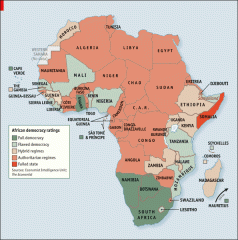
democracy in Africa
|
The democracies established in the wake of decolonization in Africa proved to be fragile and often fell to military coups or were taken over by single-party authoritarian systems. p.1096
Sig- Africa's initial rejection of democracy has sometimes been taken as a sign that Africans were not ready for democratic politics or that traditional African culture did not support it. Many states developed into one-party systems and were sometimes highly authoritarian or sometimes openly democratic. It has an impact on the state that Africa is in in today's modern time. |
|
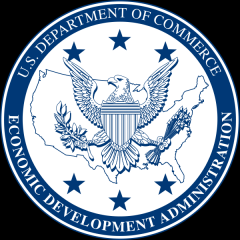
economic development
|
A process of growth or increasing production and the distribution of the proceeds of that growth to raise living standards. p.1098
Sig- Represented the universal acceptance of beliefs unheard of centuries earlier. Poverty was no longer inevitable and it was possible to improve the material conditions of life for everyone. It was a central promise of all independence struggles, and it was increasingly the standard by which people measured and granted legitimacy to their gov'ts. |
|
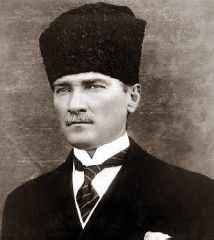
Kemal Ataturk
|
Founder and first president of the Republic of Turkey (1881 - 1938). p.1103
Sig- Led Turkey out from the ashes of the Ottoman Empire. Sought to transform the country into a modern, secular, and national state. He greatly admired European Enlightenment thinking and sought to bring its benefits to their country. |
|
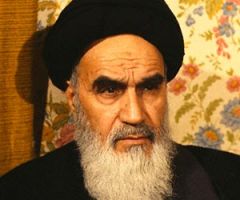
Ayatollah Khomeini
|
High ranking Shia cleric who became the leader of Iran's Islamic revolution and ruled Iran from 1979 until his death in 19893. p.1106
Sig- Was an exile that had returned from Paris in great acclaim. The emerging leader of a movement that opposed the Shah's rule and called for his removal. What followed was a cultural revolution. The new gov't then defined itself as an Islamic republic, though he exercised dominant power. Sought to export Iran's Islamic rev. After his death some elements of rev. eased. |

